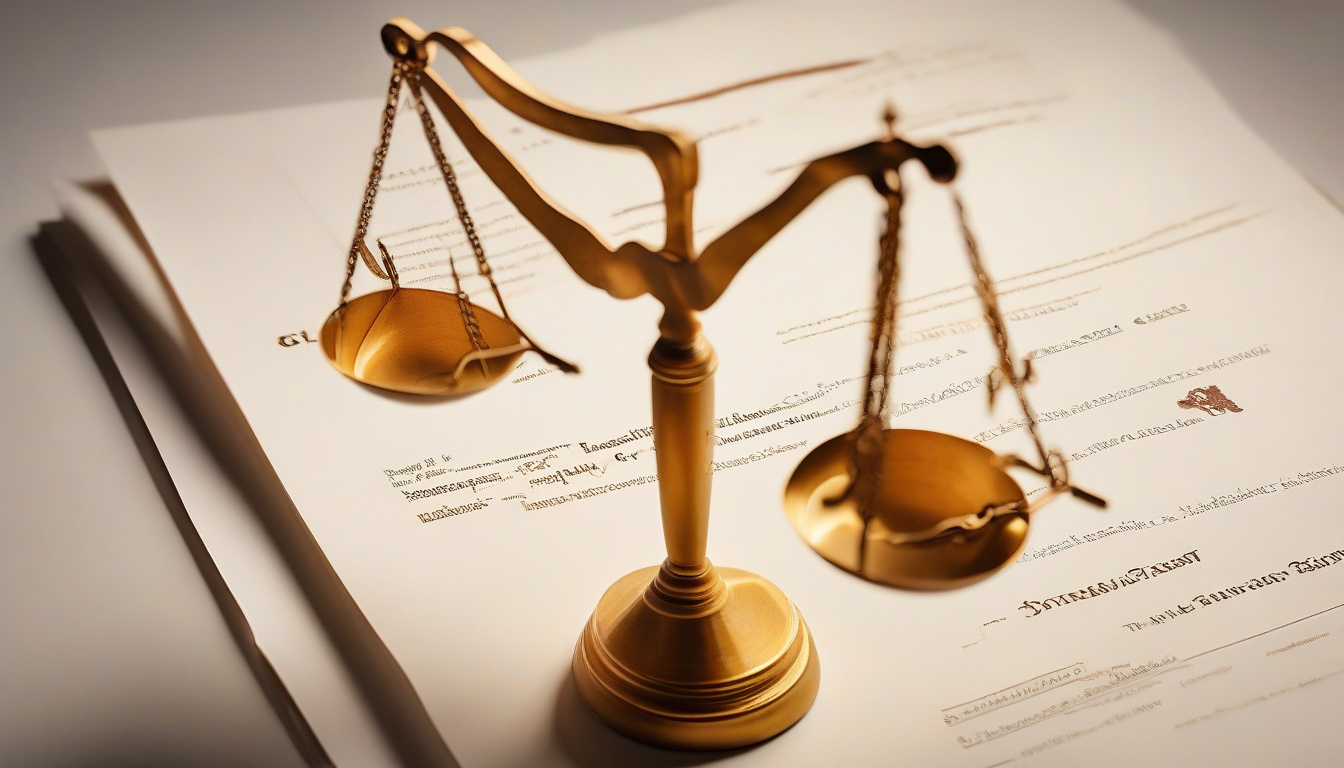When you manage your finances and plan for the future, know that estate powers serve as key legal rights. These rights let people—named in wills, trusts, or powers of attorney—manage and protect assets. You can safeguard wealth, plan for incapacity, or move property smoothly after death. With clear estate powers, you gain peace and security.
In this article, we explain what estate powers are, why they matter, and how to use them to protect assets.
─────────────────────────────
What Are Estate Powers?
Estate powers are legal rights that assign decision-making to a person—often called an agent, executor, or trustee. These rights let the person handle bank accounts, pay bills, sell property, or distribute assets. Estate powers typically come from three documents:
• Wills: They name an executor for managing your estate after death.
• Trusts: They appoint trustees to handle assets for beneficiaries.
• Power of Attorney: They let agents manage your affairs when you cannot.
Understanding each type of estate power helps you design an estate plan that fits your needs.
─────────────────────────────
Types of Estate Powers and Their Importance
Every type of estate power protects and manages your assets in its own way. Let us look at the main types:
-
Executor Powers
An executor appears in your will. They pay debts, file taxes, and give assets to beneficiaries. Executor powers ensure that your final wishes are honored. -
Trustee Powers
When you create a trust, you choose a trustee. The trustee manages, invests, and distributes assets for the benefit of trust beneficiaries. Trustee powers help you avoid probate and let you control the distribution of assets. -
Power of Attorney (POA)
A POA gives someone the right to act for you during your lifetime. This right helps manage financial and sometimes medical decisions if you become unable. POA powers can be broad or limited, and they allow someone to handle bank work or real estate deals. -
Durable Power of Attorney
A durable POA stays valid even if you become mentally unable. Durable powers secure asset management without needing court help.
─────────────────────────────
Why Estate Powers Are Critical to Asset Protection
Clear estate powers stop many problems that occur due to a person’s incapacity or death. Without these rights:
• Family members may argue over asset control.
• Courts can choose a guardian or conservator.
• Assets may face lengthy probate that adds cost and delay.
Using proper estate powers protects your loved ones and smooths the process.
─────────────────────────────
How to Assign and Use Estate Powers Effectively
To set up estate powers properly, think carefully and fill out legal documents. Follow these steps:
- Choose Trusted Individuals: Pick executors, trustees, or agents you trust.
- Define the Scope: Clearly set out what each person may do.
- Consult an Estate Planning Attorney: An expert ensures that your documents follow the law and express your wishes.
- Communicate Your Plan: Talk with those involved about their roles.
- Review Regularly: Update your estate powers as life changes occur.
─────────────────────────────
The Role of Estate Powers in Avoiding Probate
Estate powers help you avoid probate. Probate is when a court controls how your assets are divided. With trusts or durable POAs, estate powers let you transfer assets without heavy court involvement, lowering costs and keeping matters private.

─────────────────────────────
Common Misconceptions About Estate Powers
• “Only wealthy people need estate powers.”
Everyone needs these rights. They make sure that your wishes are honored.
• “Creating estate powers is complicated.”
Legal documents exist, but an experienced attorney makes the process easier.
• “Estate powers mean handing over control permanently.”
Many estate powers, like springing POAs, only work under specific conditions so you still keep control.
─────────────────────────────
Frequently Asked Questions About Estate Powers
Q1: What is the difference between estate powers and power of attorney?
Estate powers is a broad term for rights that manage your estate; it includes executor and trustee powers. Power of attorney is a special document that lets an agent act during your life.
Q2: Can estate powers be revoked?
Yes. Unless a document states otherwise, estate powers given by a POA or trust can be changed as long as you stay competent.
Q3: How do estate powers protect my assets from creditors?
Some estate power types, especially in trust management, may protect assets from creditors if the trust is set up correctly under state law.
─────────────────────────────
Authoritative Reference
According to the American Bar Association, “A well-drafted power of attorney can help avoid unnecessary court proceedings and preserve your personal and financial well-being.”
(source: American Bar Association)
─────────────────────────────
Conclusion: Take Charge of Your Financial Future With Estate Powers
Estate powers are key to protecting your assets and fulfilling your wishes. Wills, trusts, and powers of attorney empower trusted people to manage your affairs smoothly. This planning reduces stress for you and your loved ones.
Do not leave your estate planning to chance. Consult a professional today to set up estate powers that match your goals. Secure your legacy and protect your assets for future generations. Start protecting your assets with estate powers now.
Author: Doyle Weaver, Attorney at Law
Home | Estate Planning | Personal Injury | Hill Country Lawyer | Terms of Service | Privacy Policy
© 2025 Digital Law Firm, P.C.
Disclaimer: The content provided in this blog is for educational and informational purposes only. It is not intended to constitute legal advice or establish an attorney-client relationship. The information presented does not address individual circumstances and should not be relied upon as a substitute for professional legal counsel. Always consult a qualified attorney for advice regarding your specific legal situation. The author and publisher are not liable for any actions taken based on the content of this blog.


















